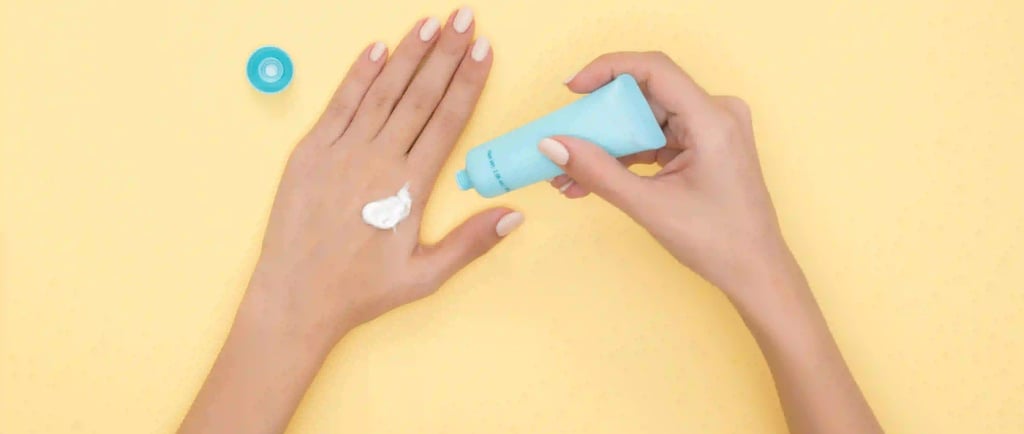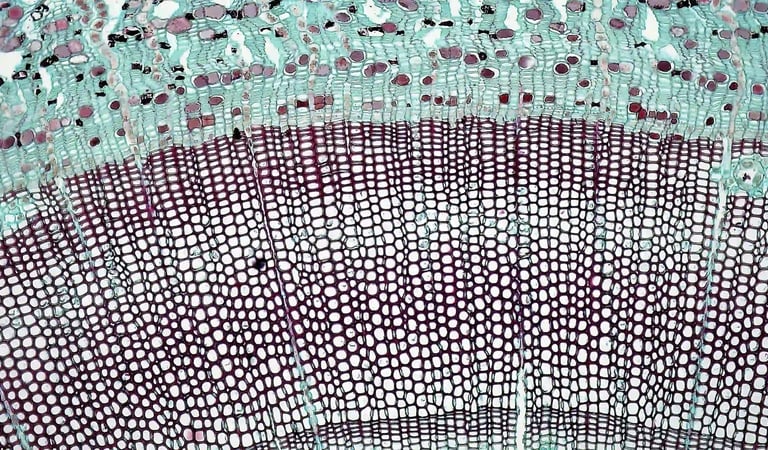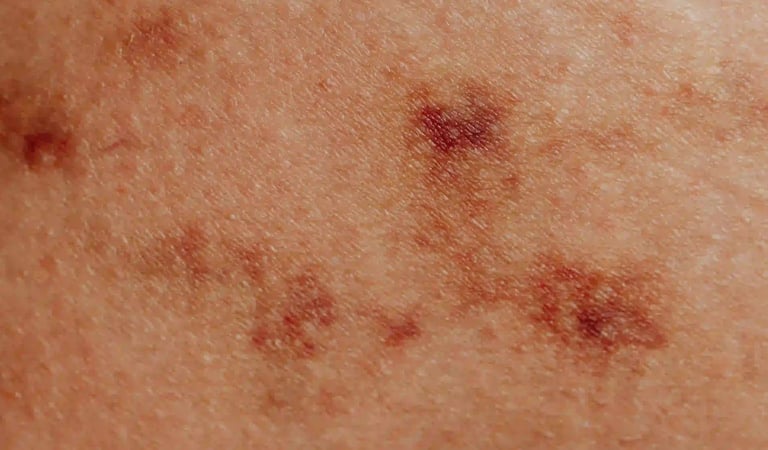Is The Skin-Gut Cell Turnover Breakthrough The Secret To Youthful Skin?
Unlock the secret to radiant skin! Discover how Skin-Gut Cell Turnover works, why your gut health is crucial, and actionable tips for a younger-looking complexion. Learn how to boost your skin's natural renewal process.
7/12/20254 min read


Ever look in the mirror and wish your skin had that fresh, vibrant glow it used to? Maybe you've tried all the creams and serums, hoping for that magic bullet. Or perhaps you've struggled with stubborn skin issues, feeling frustrated and unsure where to turn.
What if the real secret to radiant, youthful-looking skin wasn't just about what you put on it, but what's happening inside your body? Specifically, in that bustling metropolis we call your gut?
It sounds a bit wild, connecting your belly to your complexion, right? But science is increasingly showing us a powerful, dynamic relationship between your gut health and your skin's vitality. And at the heart of this connection is something called Skin-Gut Cell Turnover.
In this post, we're going to pull back the curtain on this fascinating breakthrough. You'll discover exactly what skin cell turnover is, how your gut plays a surprisingly huge role, and most importantly, how understanding this link could unlock the potential for healthier, more resilient, and yes, more youthful-looking skin. Ready to dive in?
The Amazing Connection: Your Gut and Your Skin
For the longest time, we thought of the skin and the gut as separate entities. One is on the outside, the other on the inside. Simple, right? Not so fast. Think of your body as a complex, interconnected ecosystem. Every part talks to every other part.
Your gut, with its trillions of bacteria (your microbiome), is a central command center. It doesn't just digest food; it influences your immune system, produces vitamins, and even impacts your mood. And it has a direct line of communication with your skin, often referred to as the "gut-skin axis"
What is Skin Cell Turnover Anyway?
Imagine your skin as a constantly renewing surface. Deep down, in the basal layer, new skin cells (keratinocytes) are born. These fresh cells embark on a journey upwards, slowly migrating to the surface of your skin over a period of roughly 28 days (though this slows down as we age).
Once they reach the top, they flatten out and eventually shed, making way for the next wave of new cells. This entire cycle is skin cell turnover. It's your skin's natural renewal process, essential for repairing damage, maintaining a strong barrier against the outside world, and keeping your complexion looking smooth and fresh.
Healthy skin cell turnover is like hitting a "refresh" button for your complexion, replacing old, damaged cells with vibrant new ones.
How Your Gut Influences This Process
So, where does the gut come in? Your gut microbiome has a profound impact on systemic inflammation, nutrient absorption, and immune regulation – all factors that directly or indirectly influence skin health and cell turnover.
When your gut microbiome is balanced (think lots of beneficial bacteria), it helps reduce inflammation throughout the body. Less inflammation means less stress on your skin cells, allowing them to go through their turnover cycle more efficiently.
Conversely, an imbalanced gut (dysbiosis) can lead to increased inflammation. This chronic low-grade inflammation can damage skin cells, disrupt the turnover process, and contribute to various skin issues, from acne and eczema to premature aging. Nutrients absorbed (or not absorbed) in the gut also fuel the energy and building blocks needed for new skin cell production.
Why Healthy Cell Turnover Matters (Beyond Just Looks)
While we often focus on the cosmetic benefits of cell turnover – smoother texture, reduced appearance of fine lines, a brighter complexion – its importance goes much deeper.
Efficient cell turnover is crucial for maintaining the skin's barrier function. This barrier is your first line of defense against pathogens, pollutants, and UV damage. When turnover is sluggish, this barrier weakens, leaving your skin vulnerable.
The Link to Aging and Resilience
As we age, natural cell turnover slows down. This is a major reason why older skin often appears duller, thinner, and takes longer to heal. Poor Skin-Gut Cell Turnover can accelerate this process.
A healthy gut, supporting robust cell turnover, helps your skin stay resilient. It's better equipped to repair daily damage, fight off environmental stressors, and maintain its elasticity and firmness over time.
Gut Health's Role in Inflammation
Inflammation is a major culprit in many skin conditions and is a key factor in slowing down cell turnover. Your gut microbiome plays a critical role in regulating systemic inflammation. Beneficial bacteria produce compounds, like short-chain fatty acids (SCFAs), that have powerful anti-inflammatory effects.
When your gut is healthy, it helps keep inflammation in check, creating a more favorable environment for optimal skin cell renewal. This is a significant part of the Gut Health and Skin connection.
Practical Tips for Boosting Skin-Gut Cell Turnover
Okay, so you understand the connection. Now, what can you actually do about it? Here are some actionable steps to support healthy Skin-Gut Cell Turnover:
Nourish Your Gut: Focus on a diet rich in fiber from fruits, vegetables, legumes, and whole grains. These feed your beneficial gut bacteria. Include fermented foods like yogurt (with live cultures), kefir, sauerkraut, and kimchi. Limit processed foods, sugar, and unhealthy fats, which can fuel inflammatory bacteria.
Stay Hydrated: Water is essential for all cellular processes, including skin cell production and shedding. Aim for adequate water intake throughout the day.
Prioritize Sleep: Your body does a lot of repair work, including skin cell regeneration, while you sleep. Aim for 7-9 hours of quality sleep per night.
Manage Stress: Chronic stress can negatively impact both gut health and skin health, often increasing inflammation. Practice stress-reducing techniques like meditation, yoga, deep breathing, or spending time in nature.
Consider Targeted Support: Sometimes, diet alone isn't enough. Supporting your gut microbiome with probiotics or prebiotics can be beneficial. Look for products specifically formulated to address the gut-skin axis.




Health and Wellness
Your trusted source for health and fitness.
Connect
contact: beahealth.it@gmail.com
© 2025. All rights reserved.
